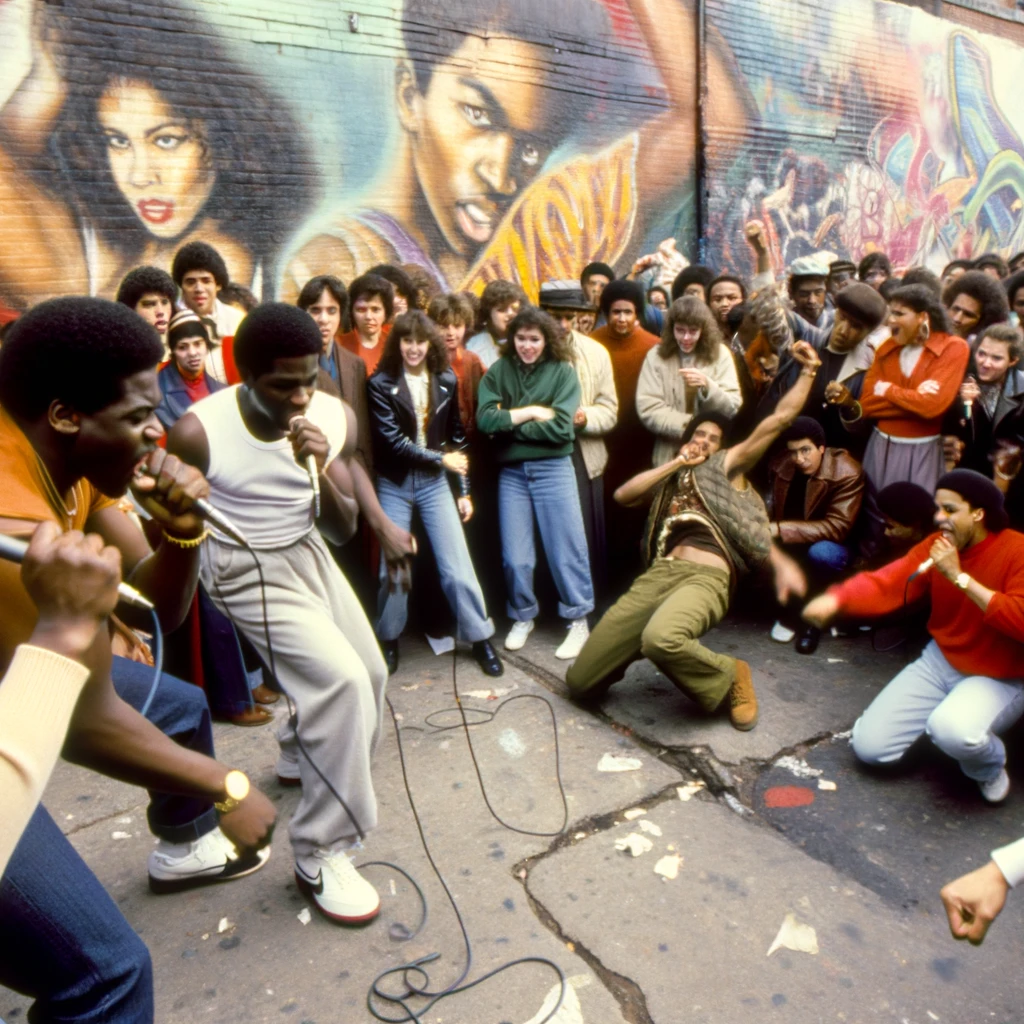Related Articles











Rock 'n' Roll emerged in the 1950s, a time of great social upheaval and change. This genre of music became a form of rebellion against the norms of the time, combining elements of blues, jazz, and country music to create a new, electrifying sound. Artists like Chuck Berry, Little Richard, and Elvis Presley brought Rock 'n' Roll to the masses, captivating audiences with their energetic performances and catchy tunes.
The cultural impact of Rock 'n' Roll was profound. It transcended music, influencing fashion, language, and lifestyle. Teenagers, in particular, found a voice through this new genre, often clashing with parental expectations and societal norms. The rebellious spirit of Rock 'n' Roll encouraged a departure from traditional values, contributing to the broader cultural revolution that characterized the 1960s.
Rock 'n' Roll also played a significant role in social movements of the era. The Civil Rights Movement, for example, was closely linked with the genre. Artists such as Sam Cooke and Aretha Franklin used their music to highlight issues of racial inequality and injustice. Their songs became anthems of change, inspiring a generation to pursue social justice and equality.
As the decades progressed, Rock 'n' Roll evolved, giving rise to new subgenres like hard rock, punk, and heavy metal. Each iteration pushed the boundaries further, reflecting the changing dynamics of society. Bands such as The Beatles and The Rolling Stones dominated the 1960s, while the 1970s and 1980s saw the rise of iconic acts like Led Zeppelin, Queen, and AC/DC.
Rock 'n' Roll's influence was not confined to the United States. It spread across the globe, affecting cultures worldwide. British bands played a crucial role in this global expansion, leading to what became known as the British Invasion. This movement solidified Rock 'n' Roll’s place as a global phenomenon, influencing countless artists and genres in countries far from its American roots.
Today, the legacy of Rock 'n' Roll is undeniable. Its influence can be seen and heard in nearly every genre of modern music. From pop to hip-hop, the spirit of Rock 'n' Roll lives on, continually inspiring new generations of musicians and fans. The genre's emphasis on creativity, rebellion, and self-expression remains as relevant now as it was at its inception.
The Rock 'n' Roll revolution was more than just a musical movement; it was a catalyst for cultural and social change. It challenged the status quo, broke down racial barriers, and gave voice to the youth. Its impact is still felt today, proving that Rock 'n' Roll truly changed the world.